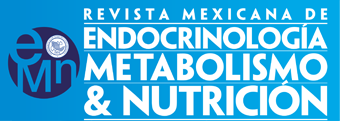Effects of progesterone on human astrocytoma progression
Liliana Germán-Castelán, Unit for Investigation in Human Reproduction, Instituto Nacional de Perinatología-Facultad de Química, Universidad Nacional Autónoma de México, Mexico, D.F., Mexico
Ignacio Camacho-Arroyo, Unit for Investigation in Human Reproduction, Instituto Nacional de Perinatología-Facultad de Química, Universidad Nacional Autónoma de México (UNAM), Mexico, D.F., Mexico
Gliomas are the most frequent primary brain tumors in the world population. Astrocytomas are the most common type of glioma, representing 76% of these tumors, and according to the World Health Organization they are classified in four grades (I-IV) based on their histological characteristics, with grade IV tumors being the most aggressive ones. Progesterone (P) promotes cell proliferation, migration, and invasion in human astrocytomas through the interaction with its intracellular receptor (PR), which is a ligand-activated transcription factor involved in the regulation of genes that control cell cycle and metastasis. In astrocytomas, PR expression is directly related with the evolution grade of the tumor, suggesting that PR tumors exhibit a strong oncogenic potential. In this paper, we present an overview about the role of P in the development and progression of human astrocytomas.
Palabras clave: Glioma. Astrocytoma. Progesterone. Progesterone receptor.





